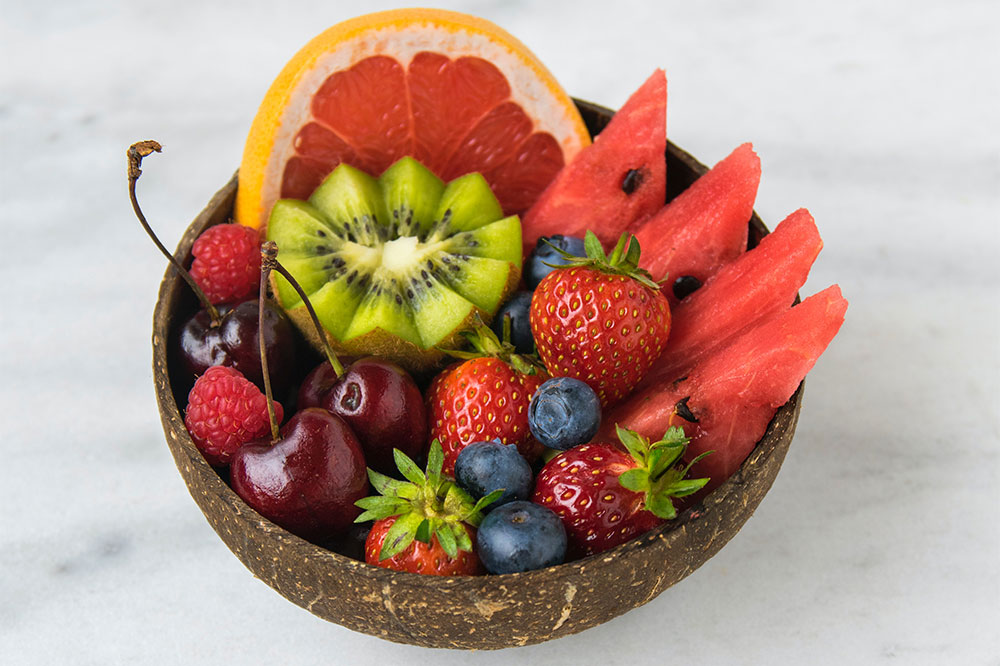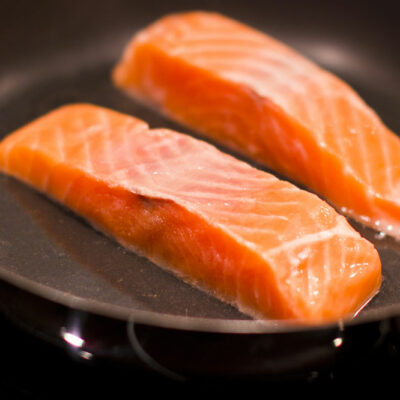
Foods That Help Prevent Early Depression Signs
Everybody feels low from time to time, and that is absolutely alright. But when emotions such as hopelessness and despair become persistent in life, they are signs of depression. In most cases, depression doesn’t happen overnight. Certain feelings and emotions build up slowly, so identifying early warning signs of depression can be very helpful. And the good news is that eating certain foods is scientifically proven to help fight depression. So, let’s look at some signs of depression and foods that can prevent them from worsening.
1. Early Signs and Symptoms of Depression
It’s important to understand that depression is more just temporary sadness. The signs and symptoms can persist for most of the day and last for weeks or several months. Some of the common early warning signs of depression include
- Anger or irritability
- Hopelessness
- Sleeping problems
- Feeling guilty or worthless
- Loss of interest in activities
- Lack of motivation
- Feeling tired and sleepy during the day
- Difficulty concentrating on work
- Unexplained aches and pain in the body
- Changes in appetite and weight
2. Foods That Help Battle Depression
For people experiencing any of the early warning signs of depression, they must modify their diet and to include foods like
3. Omega-3-rich Foods
Many studies have shown that omega-3 fatty acids help improve brain function and reduce the risk of mood disorders. Several studies have also found that individuals who regularly ate omega-3-rich foods tend to have higher levels of energy, concentration, and optimism. When it comes to plant-based sources of omega-3 fatty acids, walnuts contain significantly higher levels of omega-3s. Other great sources are chia seeds and flaxseeds. Additionally, oily fish, such as salmon, mackerel, sardines, and tuna are very high in omega-3 fatty acids.
4. Dark Leafy Greens
Dark leafy greens are high in serotonin proteins, magnesium, and folate, all of which are crucial to prevent and treat depression. And studies have found that leafy greens can help fight brain inflammation associated with long-term depression. People experiencing mild symptoms of depression must ensure to make dark leafy greens like spinach, kale, Swiss chard, arugula, bok choy, and lettuce a part of their daily diet.
5. Probiotics-rich Foods
Multiple studies have found that our brain health is linked with our gut health. Researchers say the healthy microorganisms living in our gut, also called probiotics, play a crucial role in mood regulation. Higher levels of this healthy gut-bacteria reduce inflammation in the body and contribute to a better mood. Yogurt is one of the most popular probiotic-rich foods people can easily find. Other good sources of probiotics include tofu, kimchi, kombucha, miso, sauerkraut, and tempeh.
6. Beans
Rich in magnesium, folate, zinc, iron, and thiamine, beans are a must-have to keep mood disorders at bay. As they are also high in selenium and antioxidant, consuming beans can instantly uplift the mood. Some of the healthiest beans people can add to their diet include chickpeas (garbanzo beans), pinto beans, soybeans, kidney beans, and black beans.


